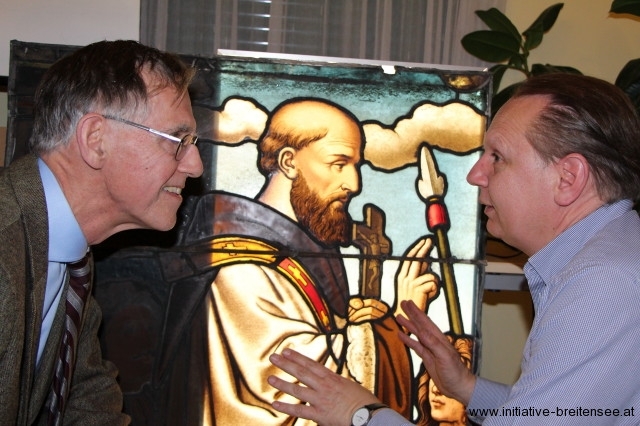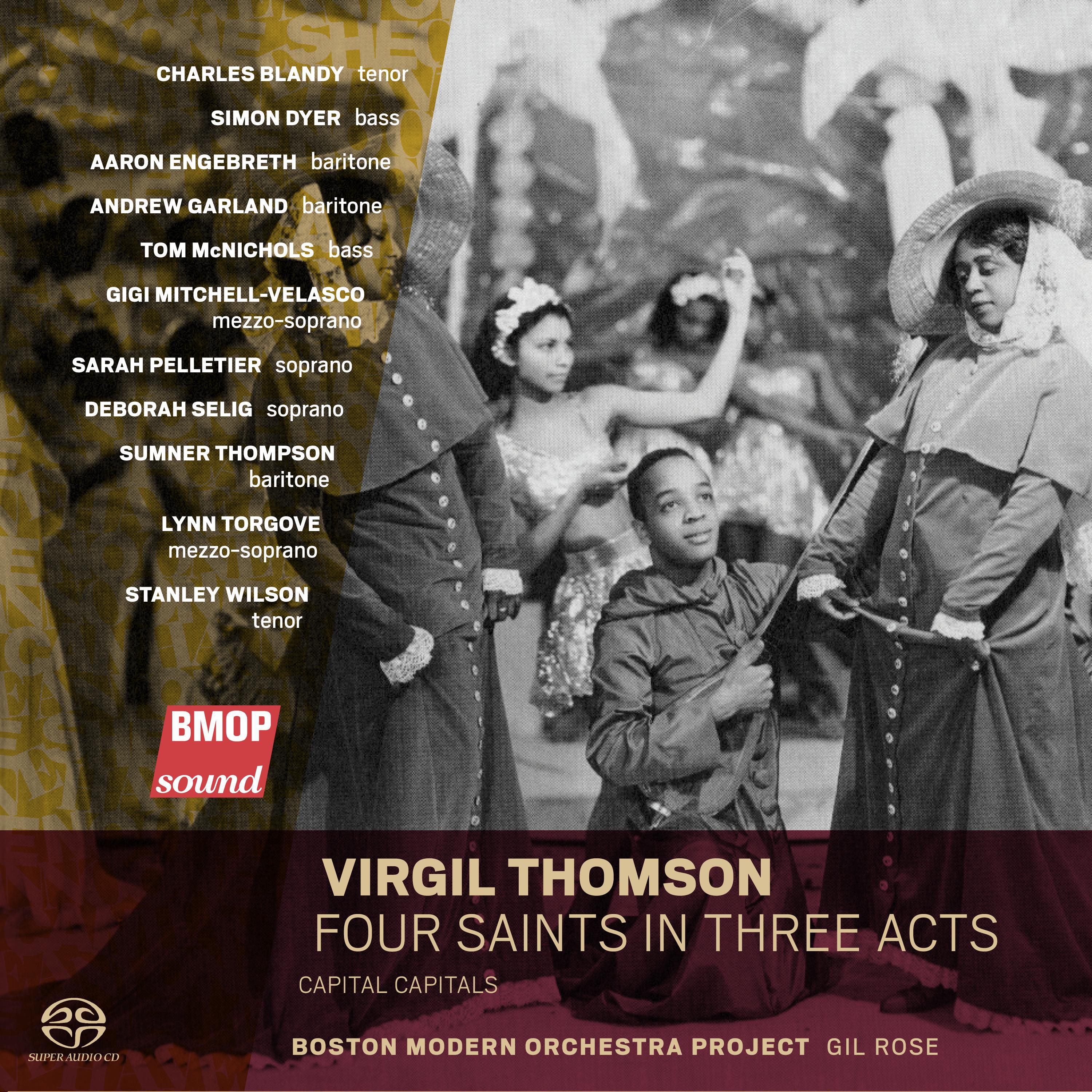Saint Peter's vs Marist: A Comparative Analysis of Their Philosophies, Traditions, and Modern Relevance
Guide or Summary:Saint Peter'sMaristComparative AnalysisModern RelevanceSaint Peter'sSaint Peter's College, nestled in the heart of New York's Hudson Valley……
Guide or Summary:
Saint Peter's
Saint Peter's College, nestled in the heart of New York's Hudson Valley, stands as a beacon of Catholic higher education. Founded in 1890 by the Simeon Webbs, a group of committed clergy and laypeople, the college has since grown into an institution renowned for its rich history, innovative curriculum, and unwavering commitment to the Catholic tradition.
At its core, Saint Peter's philosophy revolves around the concept of Christian humanism, emphasizing the development of the whole person through a balanced integration of faith, reason, and imagination. The curriculum at Saint Peter's is designed to foster critical thinking, ethical reasoning, and a deep appreciation for the arts and sciences. This holistic approach is complemented by a vibrant campus life that encourages community engagement, service learning, and spiritual growth.
Marist
The Marist tradition, originating from the French Marist Order founded by Saint Joseph Marie de Maillol in 1816, is characterized by a profound commitment to the values of education, community, and service. The Marist educational philosophy is rooted in the belief that education should be a transformative experience, enabling individuals to discover their potential and contribute meaningfully to society.

Marist institutions, including Marist College and Marist University, emphasize experiential learning and the development of a global perspective. They advocate for interdisciplinary studies, service-learning, and the integration of spirituality into the academic curriculum. The Marist approach is also known for its strong emphasis on social justice, sustainability, and the ethical use of technology.
Comparative Analysis
When comparing the philosophies and traditions of Saint Peter's College and Marist institutions, several key themes emerge. Both institutions share a deep commitment to the Catholic tradition, valuing the development of the whole person and promoting a sense of community and social responsibility.
Saint Peter's College emphasizes Christian humanism, focusing on the integration of faith, reason, and imagination. Its curriculum is designed to foster critical thinking, ethical reasoning, and a deep appreciation for the arts and sciences. Saint Peter's also places a strong emphasis on community engagement and service learning, encouraging students to apply their academic knowledge in meaningful ways.

In contrast, Marist institutions prioritize experiential learning and the development of a global perspective. They advocate for interdisciplinary studies, service-learning, and the integration of spirituality into the academic curriculum. Marist colleges and universities are known for their strong emphasis on social justice, sustainability, and the ethical use of technology.
Despite these differences, both Saint Peter's College and Marist institutions share a common goal of preparing students to become well-rounded, ethical leaders who are capable of contributing meaningfully to society. They both recognize the importance of a holistic education that encompasses intellectual, moral, and spiritual development.
Modern Relevance
In the contemporary world, the philosophies and traditions of Saint Peter's College and Marist institutions remain highly relevant. As society becomes increasingly complex and interconnected, the need for well-rounded, ethical leaders who can navigate these challenges with wisdom and compassion has never been greater.

Saint Peter's College's emphasis on Christian humanism, critical thinking, and community engagement prepares students to become effective problem-solvers and leaders who can thrive in diverse and rapidly changing environments. Similarly, Marist institutions' focus on experiential learning, global perspective, and social justice prepares students to become compassionate, socially responsible leaders who are capable of making a positive impact on the world.
In conclusion, the comparative analysis of Saint Peter's College and Marist institutions reveals their shared commitment to the Catholic tradition and their distinct approaches to education. Both institutions offer valuable insights into the role of higher education in shaping well-rounded, ethical leaders who are capable of contributing meaningfully to society. As we navigate the complexities of the modern world, the philosophies and traditions of Saint Peter's College and Marist institutions continue to provide a powerful framework for education and leadership.